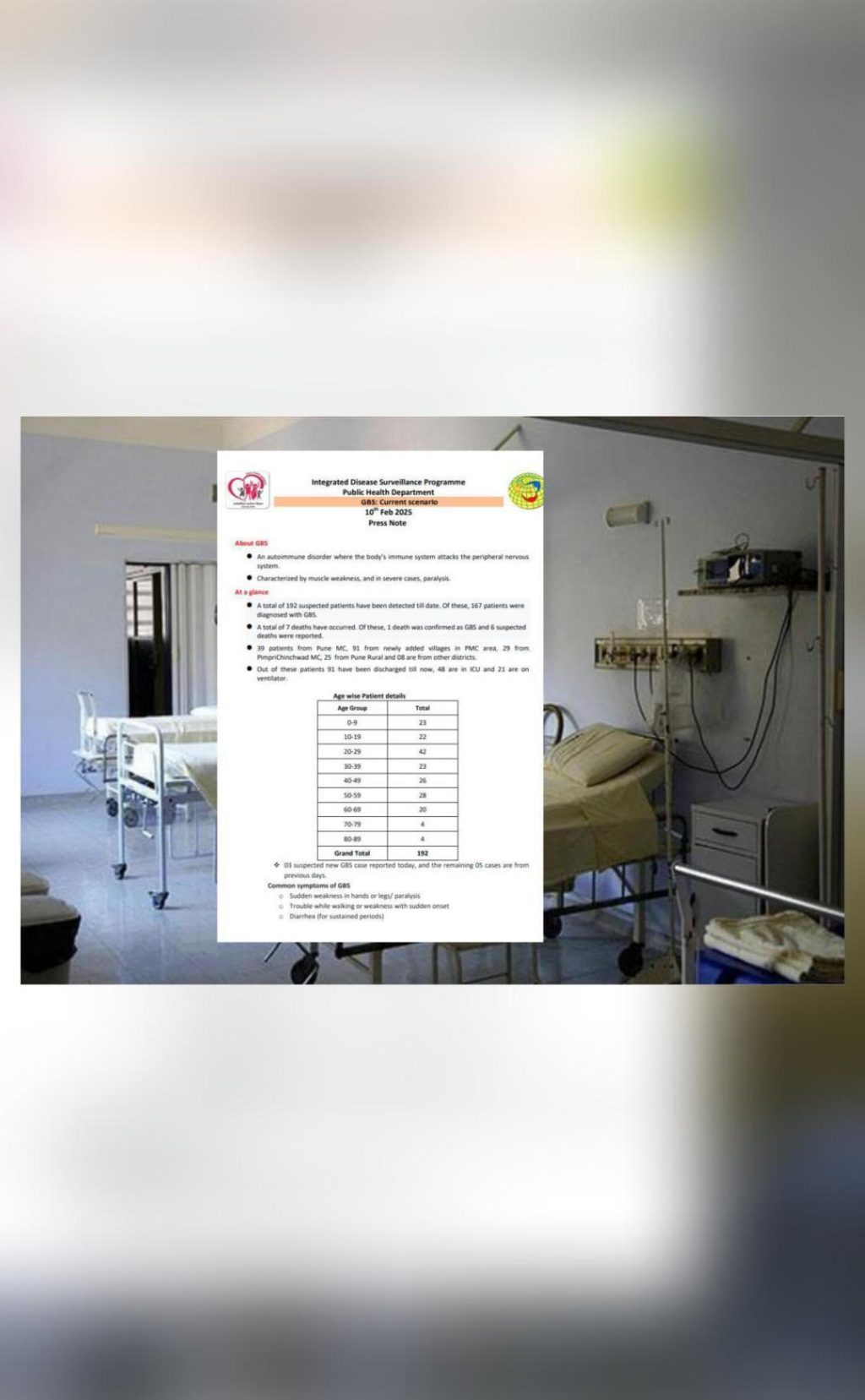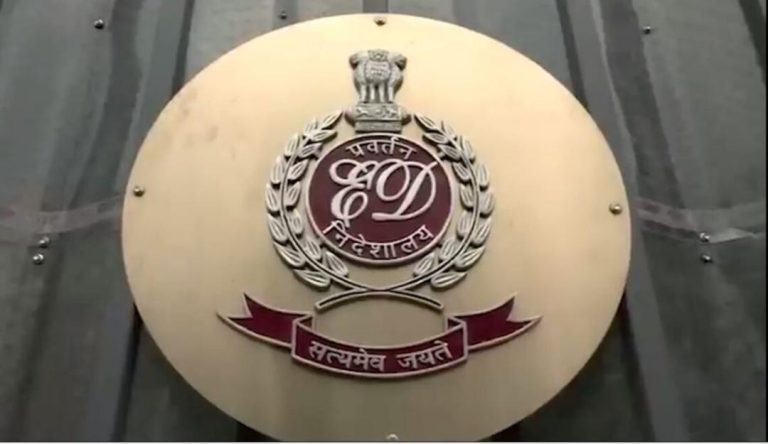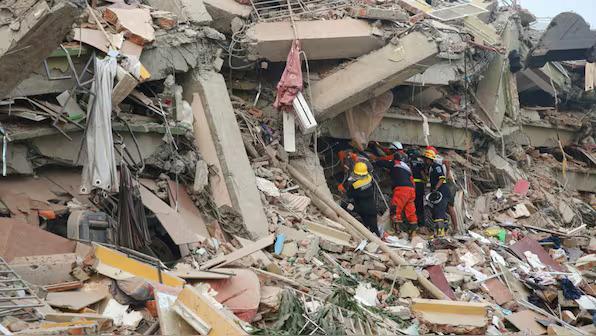
Maha sees 7 deaths, 192 suspected cases of Guillain-Barre Syndrome
Guillain-Barre Syndrome (GBS) is a rare but serious immunological nerve disorder that affects an individual’s nervous system. The condition can be life-threatening if left untreated or if it progresses rapidly. Recently, the state of Maharashtra in India has reported a significant increase in suspected cases of GBS, with 192 cases reported so far. Unfortunately, seven deaths have been attributed to the condition, leaving many families in grief and panic.
According to a report by ANI, the state health department has confirmed that 21 of the suspected GBS patients are currently on ventilators, receiving critical care. This alarming rise in cases has prompted the state health department to appeal to citizens not to panic and to take necessary precautions to ensure good water quality.
GBS is a complex condition that occurs when the immune system attacks the nerves, leading to muscle weakness, numbness, and tingling sensations. The symptoms of GBS can vary from person to person, and in severe cases, the condition can lead to paralysis, respiratory failure, and even death.
The exact cause of GBS is still unknown, but it is believed to be triggered by a viral or bacterial infection, such as Campylobacter jejuni or Haemophilus influenzae. In some cases, GBS has been linked to vaccinations, particularly the influenza vaccine.
The symptoms of GBS typically develop within four to six weeks after the initial infection. They can range from mild to severe and may include:
- Muscle weakness or paralysis
- Numbness or tingling sensations
- Difficulty with coordination and balance
- Facial weakness or numbness
- Blurred vision
- Difficulty with speech or swallowing
GBS is typically diagnosed based on the patient’s medical history, physical examination, and a series of laboratory tests, including blood tests, nerve conduction studies, and electromyography (EMG).
While GBS is a serious condition, it is treatable with prompt medical attention. The primary goal of treatment is to manage the symptoms and prevent further nerve damage. Treatment options may include:
- Intravenous immunoglobulin (IVIG) therapy
- Plasmapheresis
- Medications to reduce muscle spasms and relieve pain
- Physical therapy to maintain muscle strength and mobility
- Respiratory support, such as mechanical ventilation, in severe cases
In the case of the 192 suspected GBS cases in Maharashtra, the state health department has set up special teams to monitor the situation and provide medical care to those affected. The department has also advised citizens to maintain good water quality to prevent the spread of the condition.
In conclusion, GBS is a serious and potentially life-threatening condition that requires prompt medical attention. While the recent surge in cases in Maharashtra is a cause for concern, the state health department’s efforts to monitor the situation and provide medical care to those affected are reassuring. It is essential for citizens to remain vigilant and take necessary precautions to prevent the spread of the condition.






